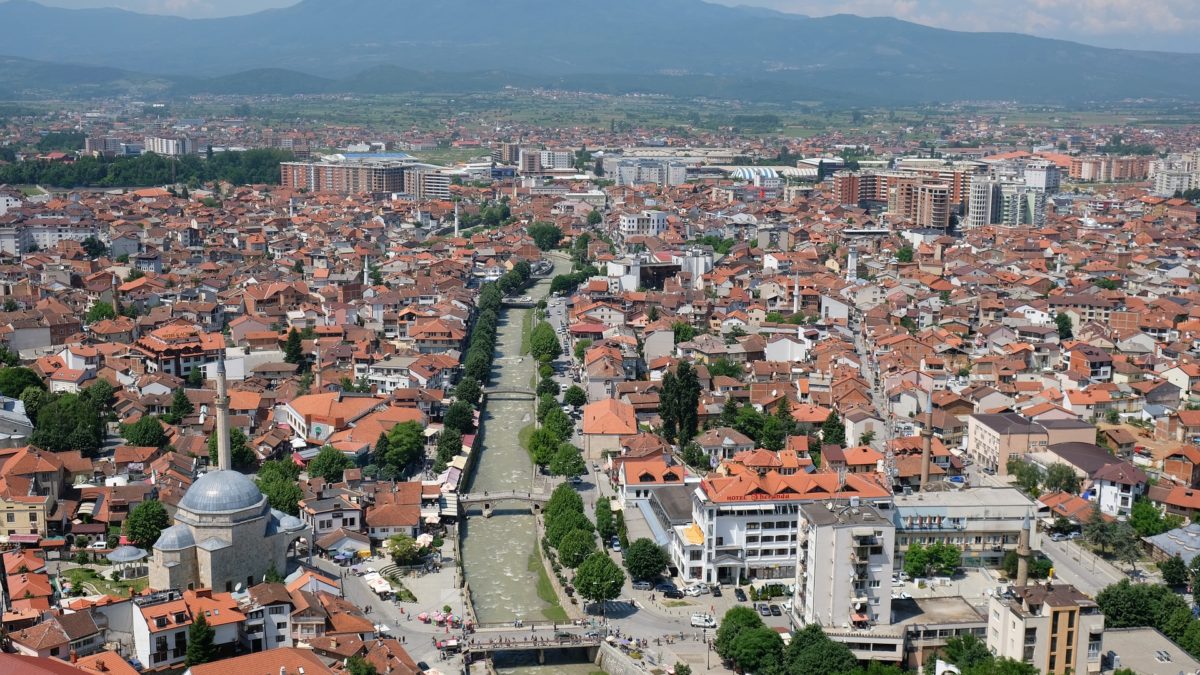Kosovo‘s State Aid Commission (KNSH) has deliberated, last week, that the feed-in tariff scheme for PV installations not exceeding 3 MW in size, introduced by the country's Office of the Energy Regulator (ZRRE) in late November, is not complying with European state aid regulations.
In a statement published on its Facebook page, the KNSH said the scheme, which was expected to allocate 20 MW of solar capacity and grant a fixed tariff of €0.0855/kWh, will not be implemented. The funds of the scheme would have been assigned on a first-come, first-served basis.
“The Commission invites ZRRE to bring together EU rules for state aid related to renewable energy resources (BRE) to start revising the legal framework by paving the way for competitive mechanisms based on clear, transparent criteria and [a] non-discriminatory offer,” the KNSH said in its statement, adding that auctions should be preferred in selecting beneficiaries from support schemes in favor of public interest.
According to local media outlet Pristinainsight.com, the KNSH started to investigate the case of feed-in-tariffs days after the TV channel BIRN broadcast an investigation into alleged irregularities in the scheme's implementation.
Kosovo had just 7 MW of installed PV capacity at the end of 2019, according to the International Renewable Energy Agency. The country recently raised its renewable energy target to an additional 400 MW of capacity by 2026. That would be enough to meet a quarter of its power demand and would reduce dependence on ageing coal-fired power plants.
This content is protected by copyright and may not be reused. If you want to cooperate with us and would like to reuse some of our content, please contact: editors@pv-magazine.com.




By submitting this form you agree to pv magazine using your data for the purposes of publishing your comment.
Your personal data will only be disclosed or otherwise transmitted to third parties for the purposes of spam filtering or if this is necessary for technical maintenance of the website. Any other transfer to third parties will not take place unless this is justified on the basis of applicable data protection regulations or if pv magazine is legally obliged to do so.
You may revoke this consent at any time with effect for the future, in which case your personal data will be deleted immediately. Otherwise, your data will be deleted if pv magazine has processed your request or the purpose of data storage is fulfilled.
Further information on data privacy can be found in our Data Protection Policy.